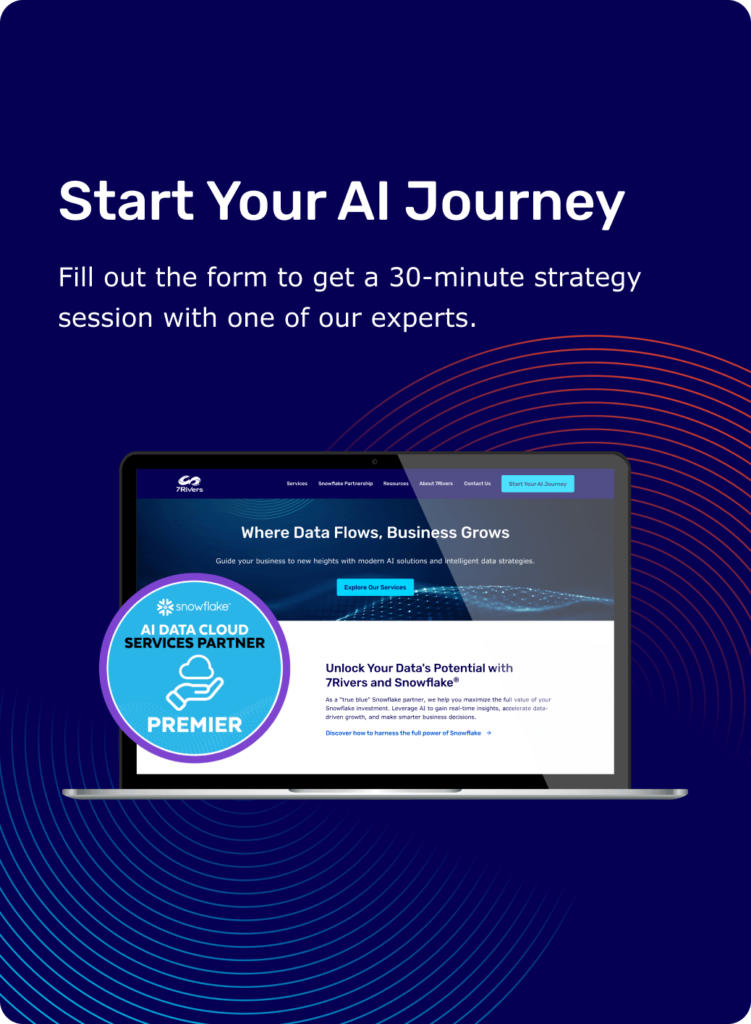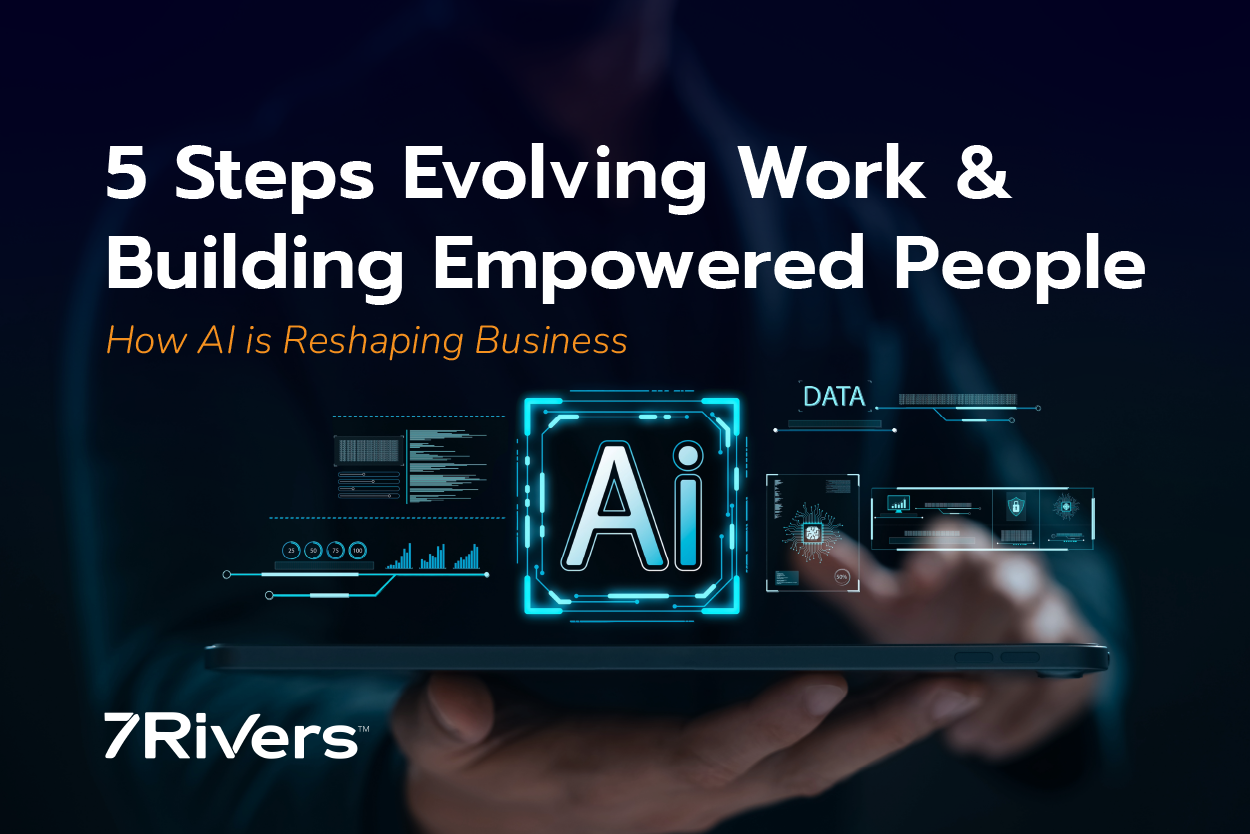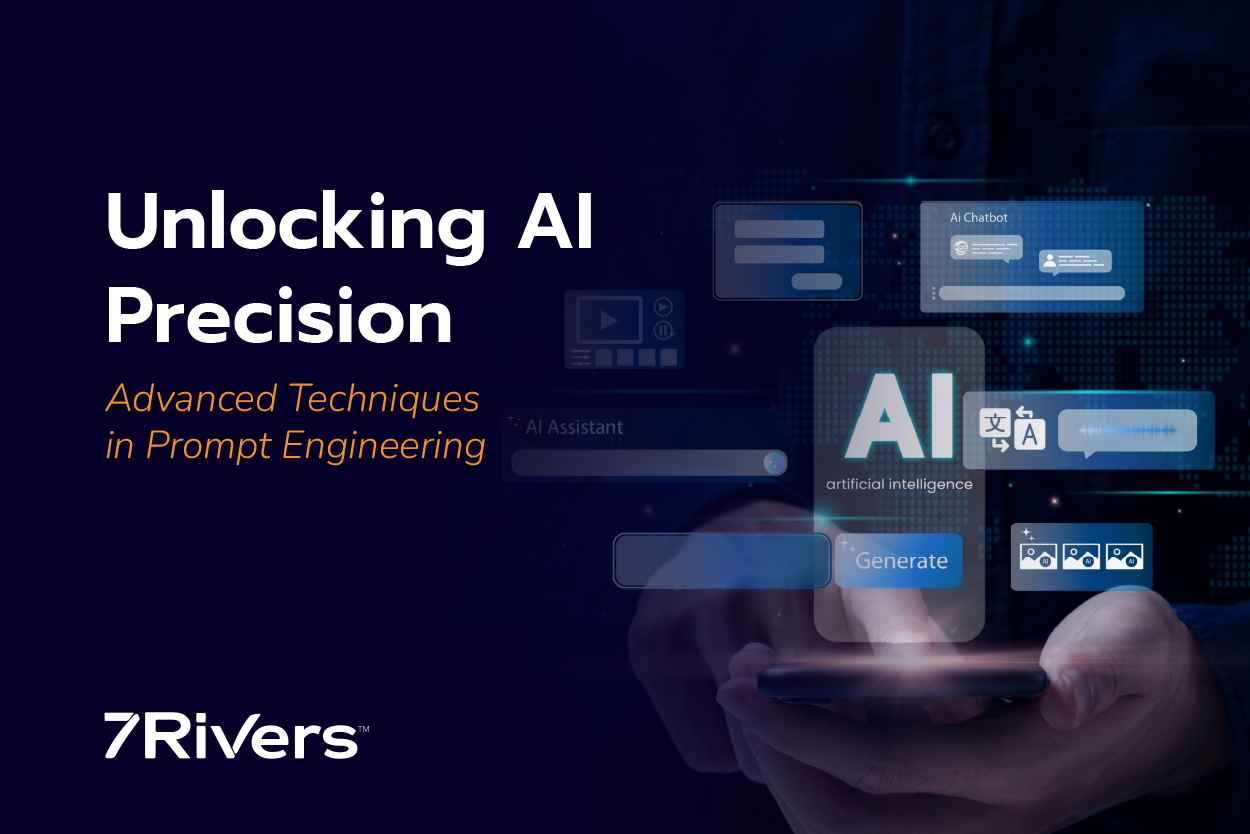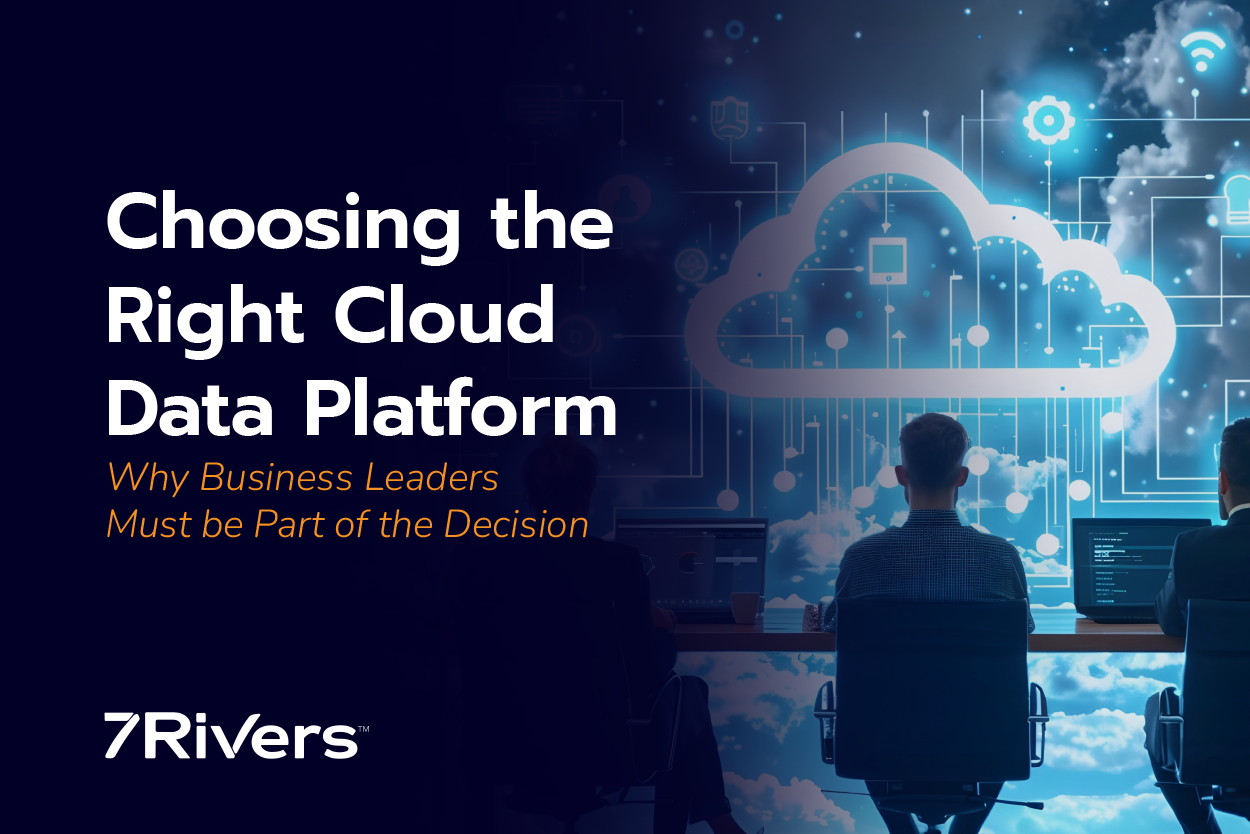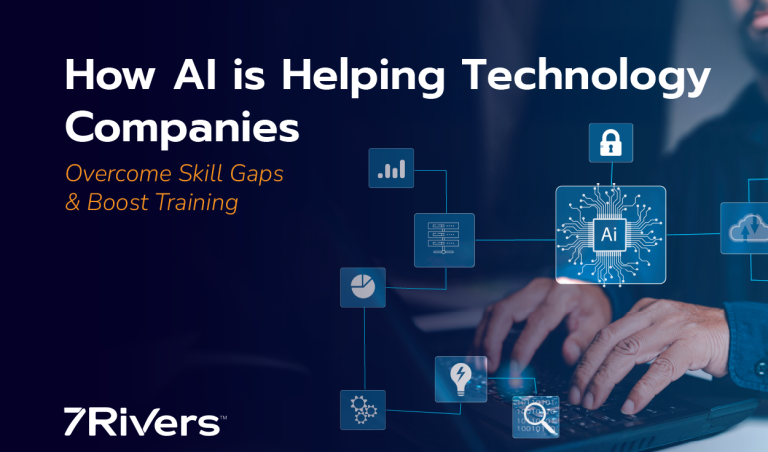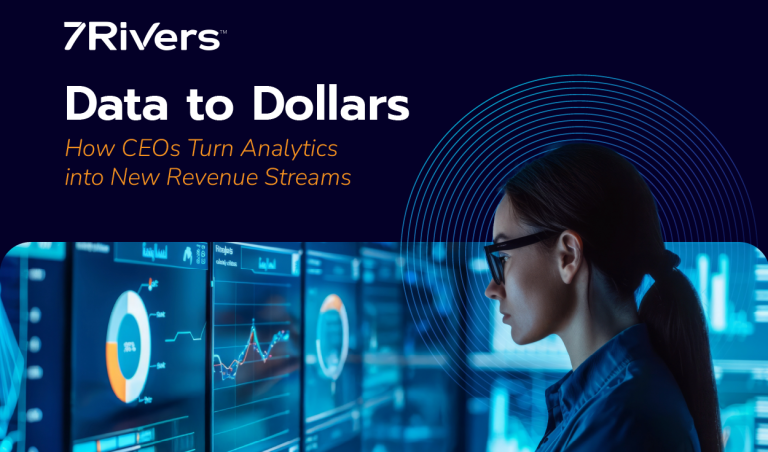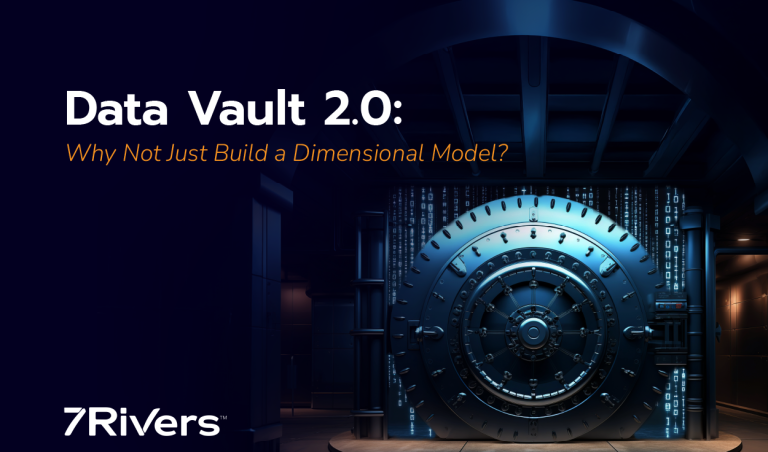Healthcare is undergoing a radical transformation, and generative AI is at the heart of this revolution. From improving patient diagnostics to streamlining administrative workflows, generative AI is reshaping how healthcare providers deliver care. The potential of this technology is immense, but what does it mean for the future of healthcare, and how can organizations leverage AI to drive innovation?
Enhancing Diagnostics with AI-Powered Insights
One of the most promising applications of generative AI in healthcare is enhancing diagnostics. Traditional diagnostic methods rely heavily on human expertise, which can vary from one practitioner to another. Generative AI models, trained on vast datasets of medical images and patient records, can help identify diseases with higher accuracy and speed than ever before.
For example, studies show that AI-powered tools can detect certain cancers, such as breast cancer, with an accuracy rate of up to 94%, outperforming many human radiologists¹. In addition, generative AI can assist in identifying rare diseases by analyzing patient data patterns that might go unnoticed by human eyes. This capability is crucial, as it is estimated that 1 in 17 people will be affected by a rare disease at some point in their lives, and accurate diagnosis remains a challenge².
What does this mean for healthcare organizations? With AI-assisted diagnostics, hospitals can reduce misdiagnosis rates, improve patient outcomes, and alleviate the workload on healthcare professionals. By investing in AI-driven diagnostic tools, healthcare providers can enhance their
Revolutionizing Personalized Medicine
Generative AI is also paving the way for personalized medicine. Traditional treatment plans often follow a one-size-fits-all approach, but generative AI can analyze a patient’s genetic makeup, medical history, and lifestyle factors to recommend tailored treatments.
Pharmaceutical companies are already using generative AI to accelerate drug discovery, a process that traditionally takes years. AI can predict how different compounds will interact with the human body, significantly reducing the time and cost of bringing new treatments to market. For example, researchers at MIT have developed an AI model that discovered a new antibiotic in just days—a process that previously took months or even years³.
This shift towards personalized medicine has enormous implications for healthcare providers. By incorporating AI-driven insights into their care plans, organizations can offer more effective treatments, reduce adverse reactions, and improve patient satisfaction. This can lead to better long-term outcomes and increased trust between patients and providers.
Streamlining Administrative Processes
Beyond direct patient care, generative AI is streamlining healthcare’s administrative side. Tasks like scheduling appointments, managing billing, and processing insurance claims are often time-consuming and prone to human error. Generative AI can automate these processes, freeing up healthcare staff to focus on patient care.
AI chatbots and virtual assistants are increasingly being used to handle patient inquiries, book appointments, and provide follow-up care instructions. According to a recent study, healthcare organizations using AI-powered administrative tools saw a 30% reduction in patient no-show rates and a 25% increase in operational efficiency⁴.
For healthcare administrators, this means cost savings and improved patient engagement. By leveraging generative AI to optimize back-office operations, organizations can reduce overhead costs and ensure patients receive timely, accurate information.
Addressing Ethical and Compliance Challenges
While the benefits of generative AI are clear, there are also challenges to consider—especially when it comes to data privacy and compliance. Healthcare organizations handle sensitive patient data, and ensuring that AI models comply with regulations like HIPAA is critical.
Generative AI can help organizations achieve compliance by automatically identifying potential data breaches or inconsistencies. Additionally, AI can monitor and audit access to patient records, ensuring that only authorized personnel view sensitive information. However, healthcare providers must remain vigilant in safeguarding patient privacy and ensuring their AI systems are transparent and accountable.
What This Means for Healthcare Businesses
For healthcare organizations, adopting generative AI isn’t just about keeping up with technological advancements—it’s about staying competitive in a rapidly evolving industry. AI-driven solutions can:
- Reduce diagnostic errors
- Accelerate drug discovery
- Improve patient engagement
- Streamline operations
- Enhance compliance and security
The organizations that successfully integrate generative AI into their workflows will be better positioned to deliver high-quality care while reducing costs and improving efficiency.
At 7Rivers, we specialize in helping healthcare organizations unlock the potential of generative AI. From identifying high-value use cases to implementing scalable AI solutions, our experts guide you every step of the way to unleash human potential. Whether it’s modernizing your data infrastructure, enhancing patient experiences, or streamlining operations, we deliver tailored solutions that drive real-world impact.
Let 7Rivers be your guide in navigating the future of AI-powered healthcare. Together, we can unlock new possibilities and improve outcomes for patients and providers alike.
Sources:
- Harvard News “New AI Tool Can Diagnose Cancer, Guide Treatment, Predict Patient Survival.”
- The Times “Scan Developer Detected His Wife’s Lung Cancer with AI.”
- MIT News “Using AI, Researchers Identify Antibiotic Candidates.”
- PopSugar “Are AI-Assisted Mammograms the Future? Here’s What to Know.”
